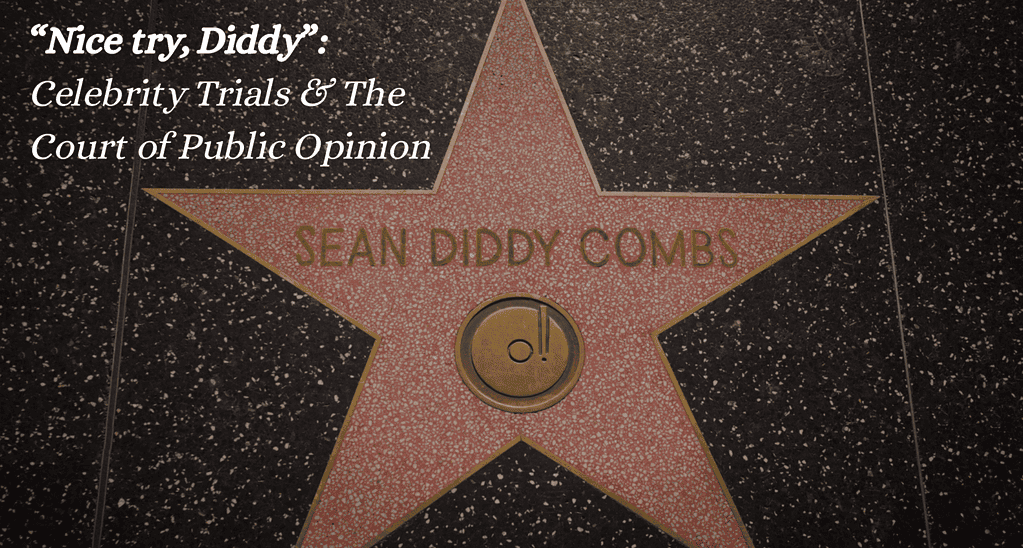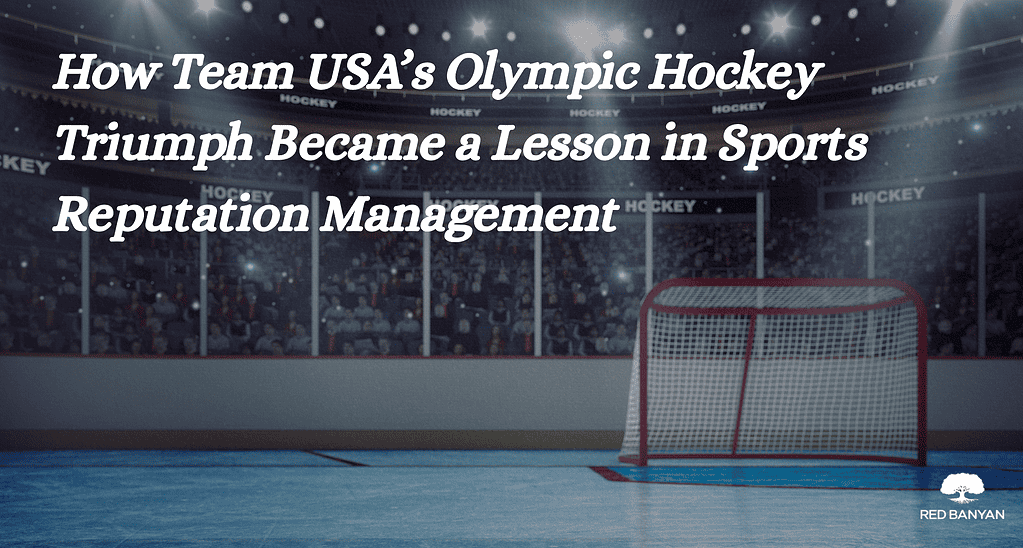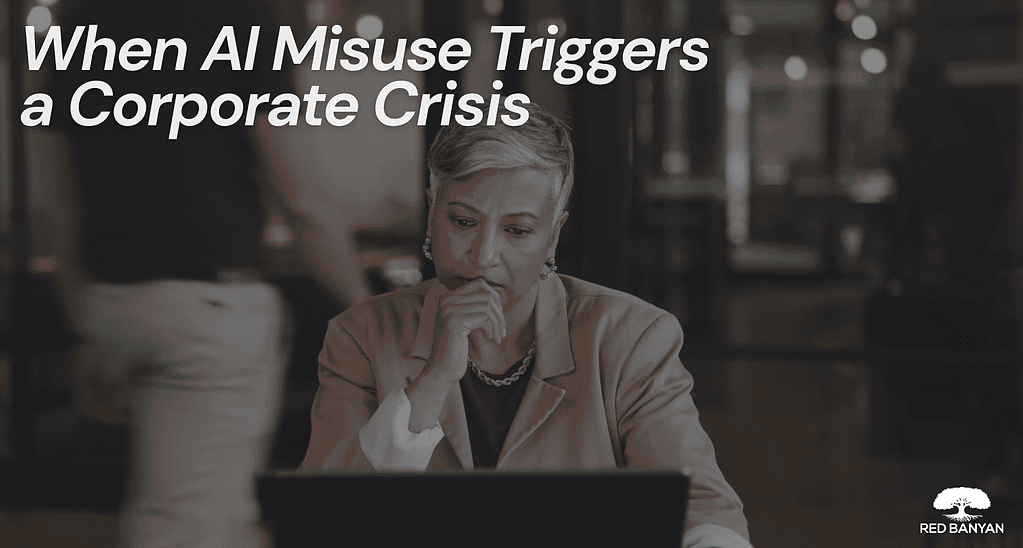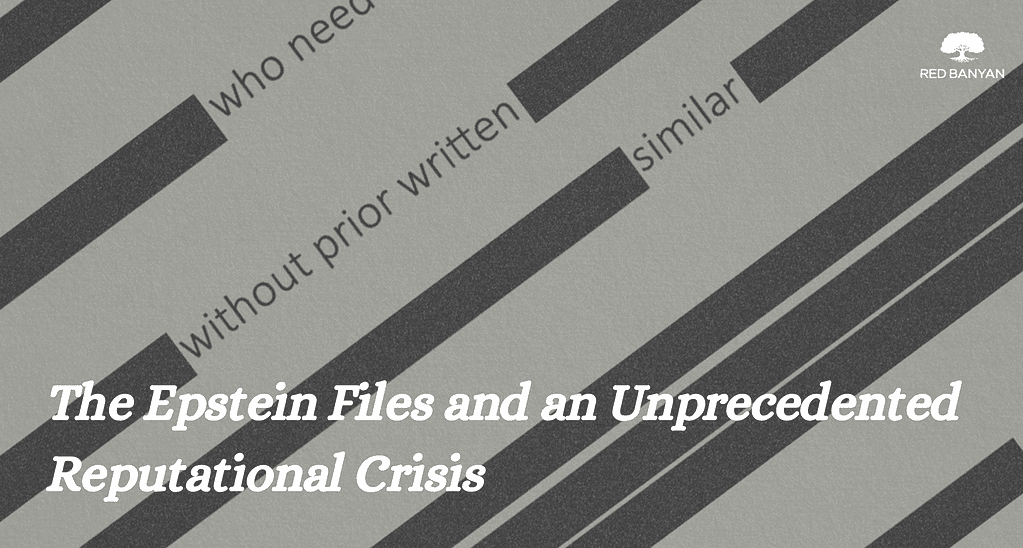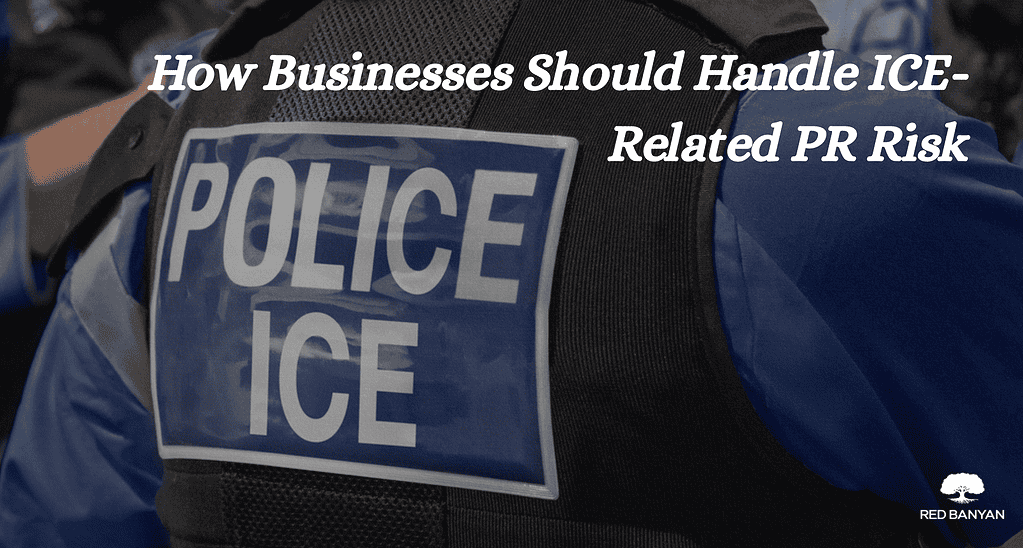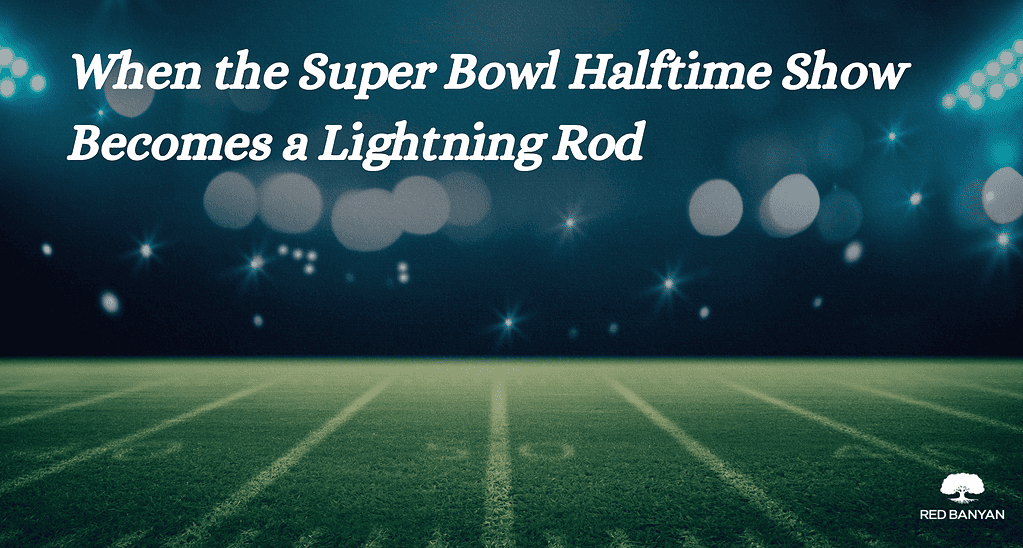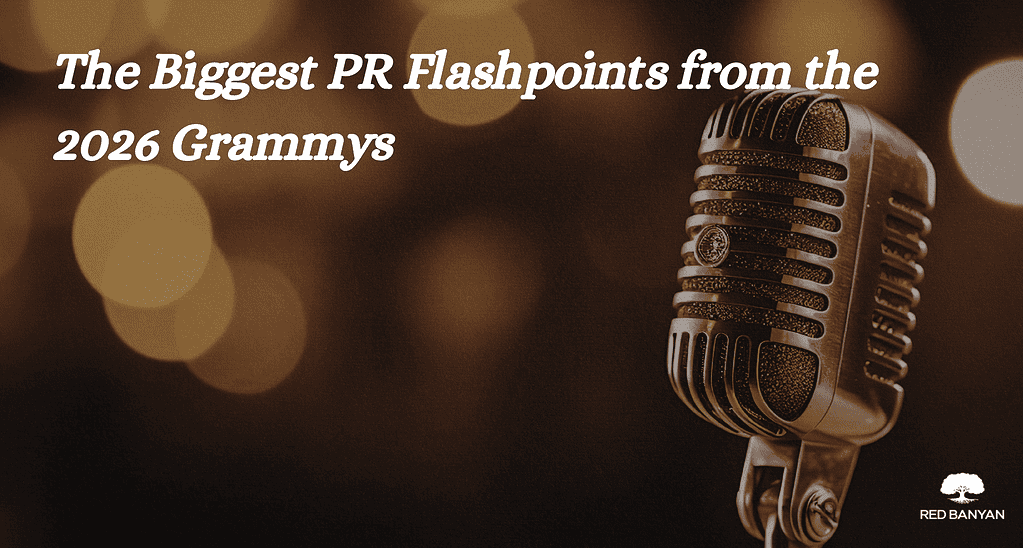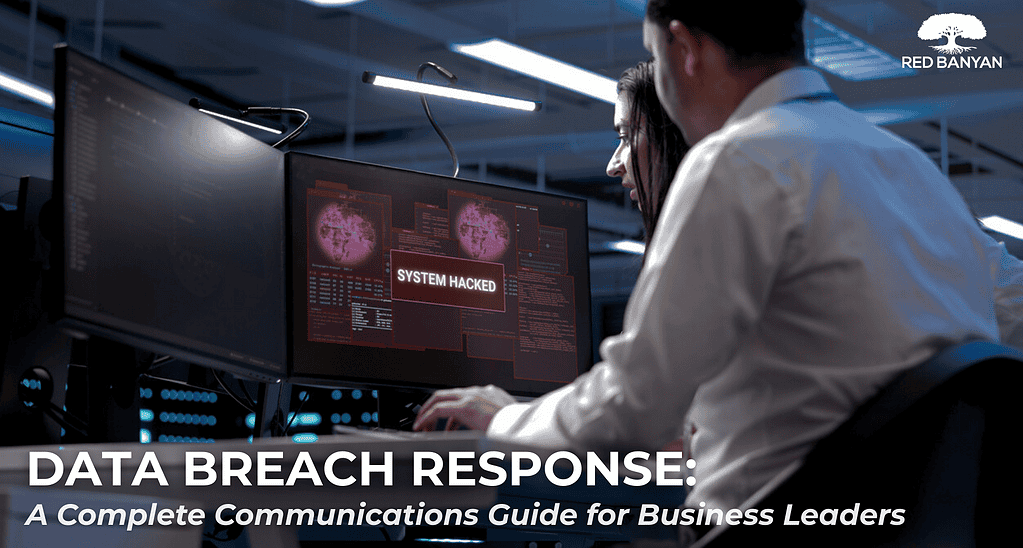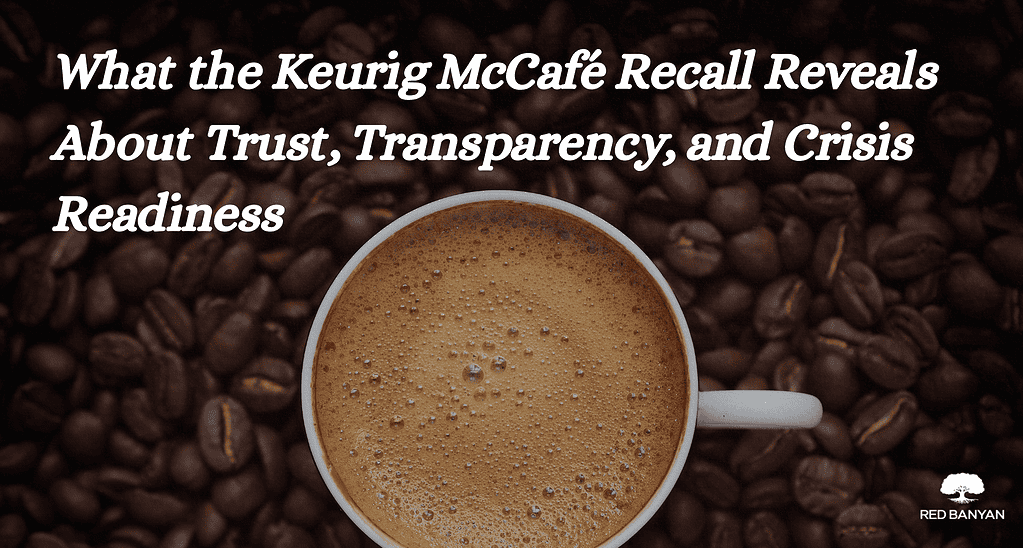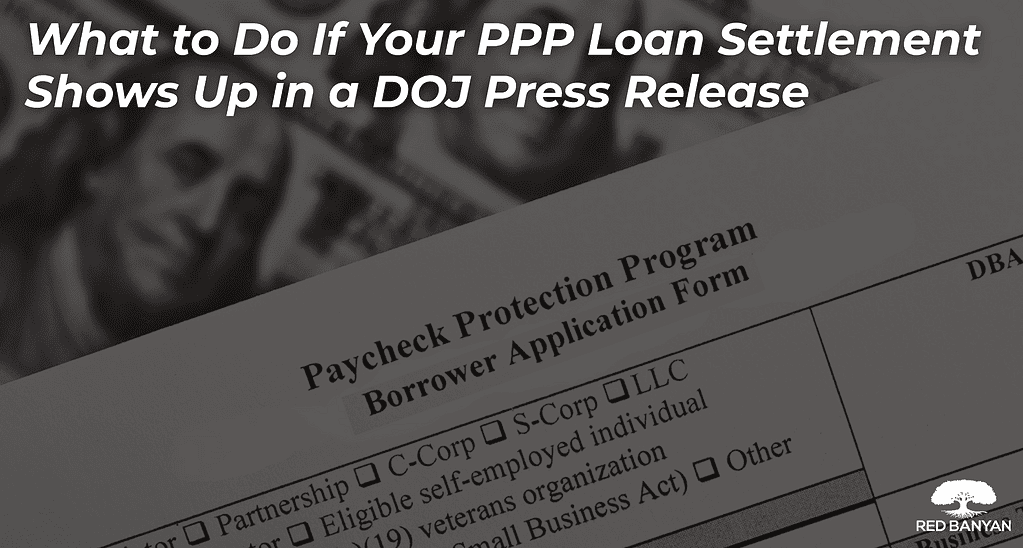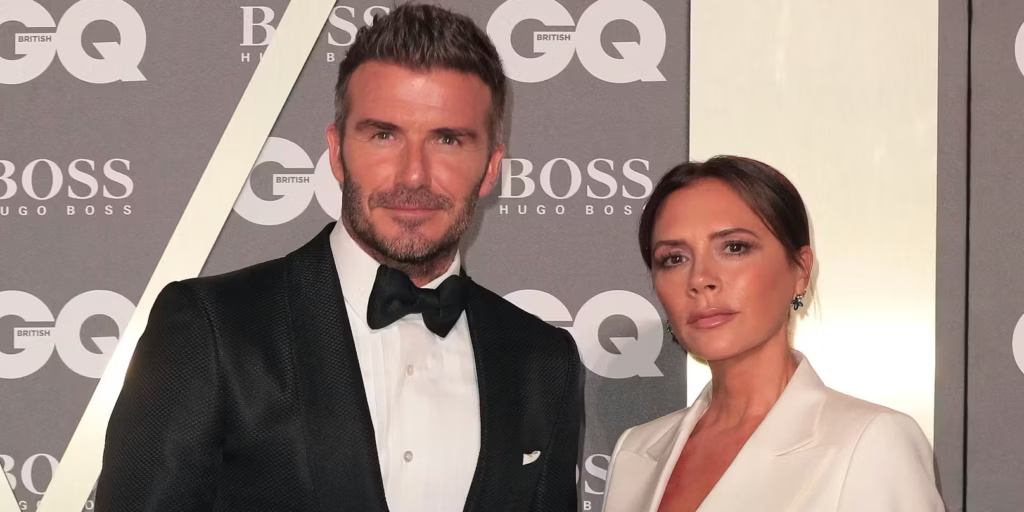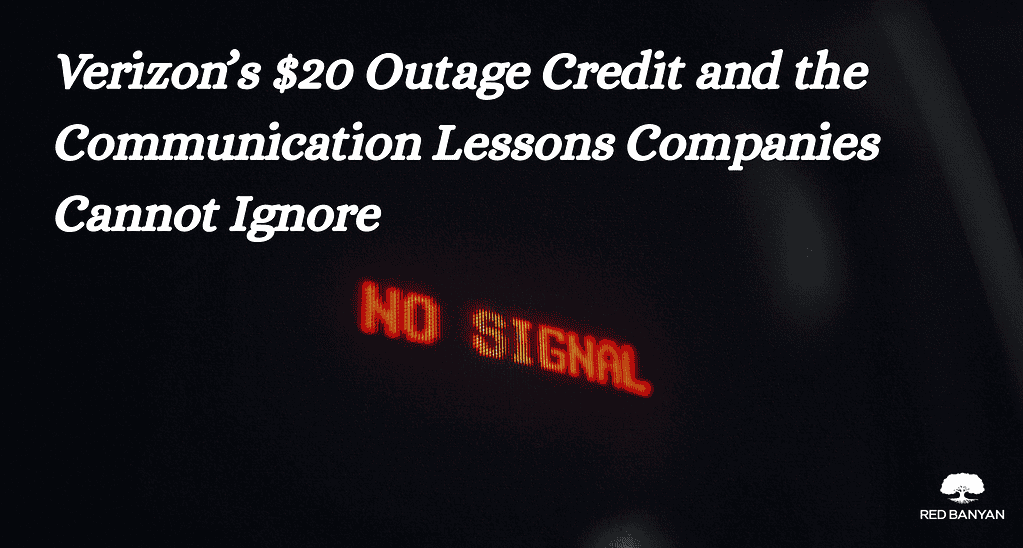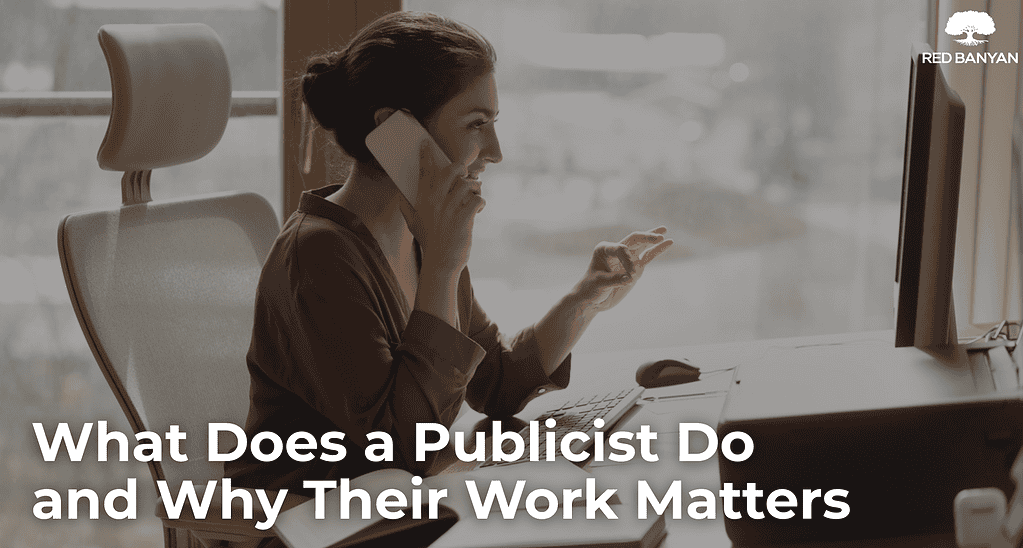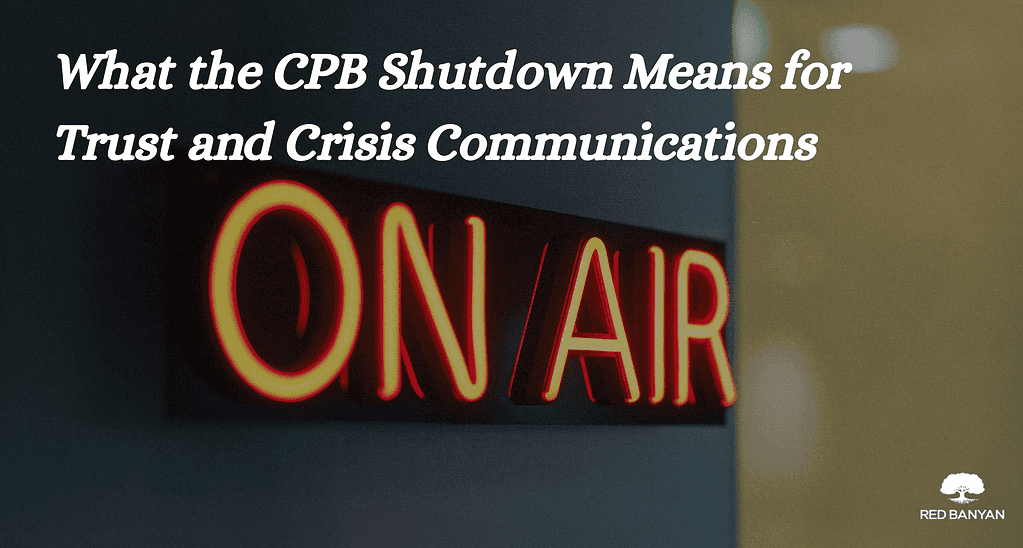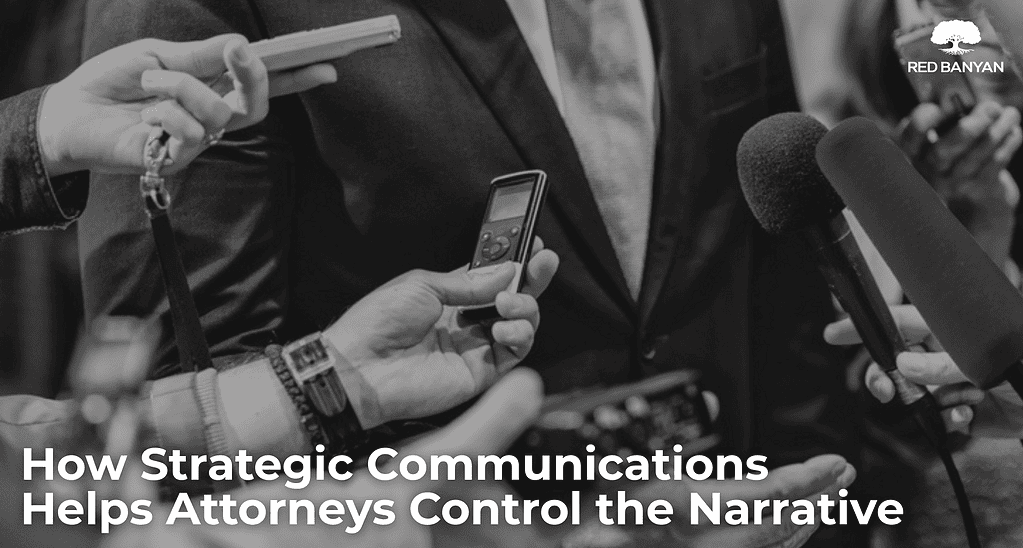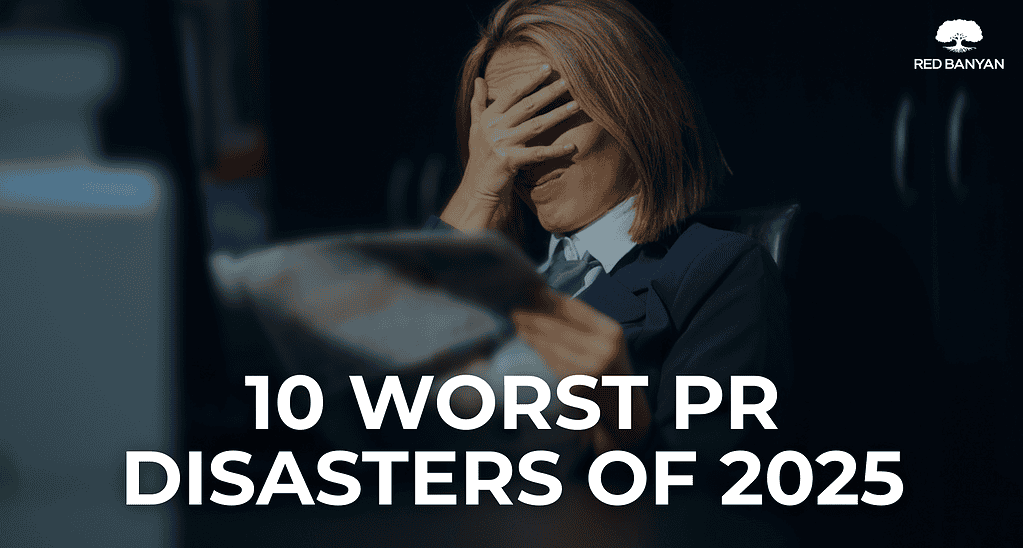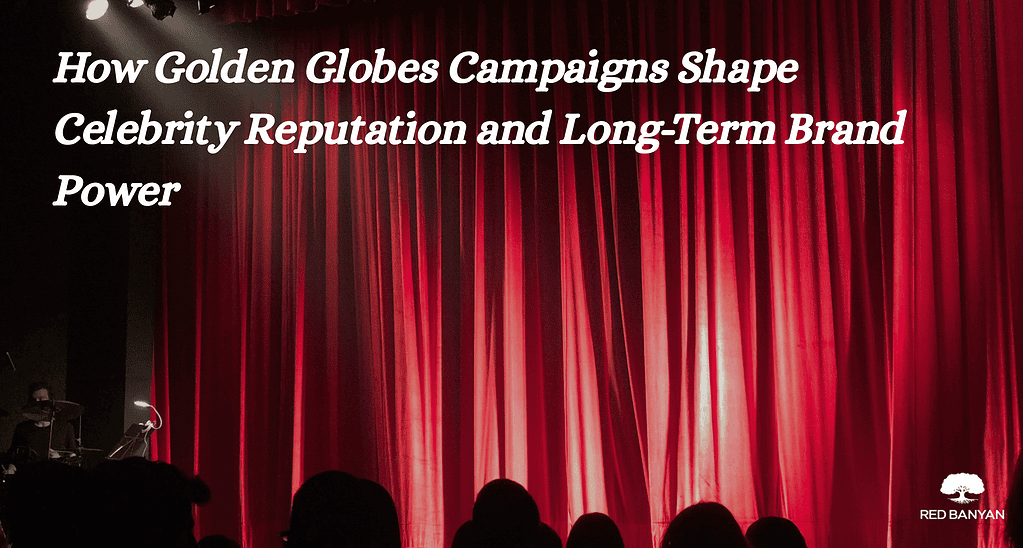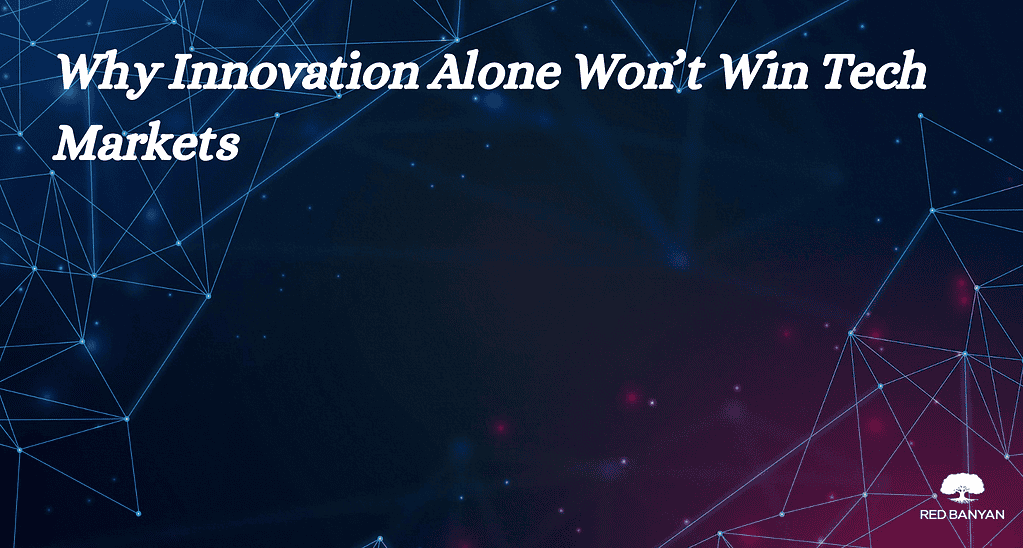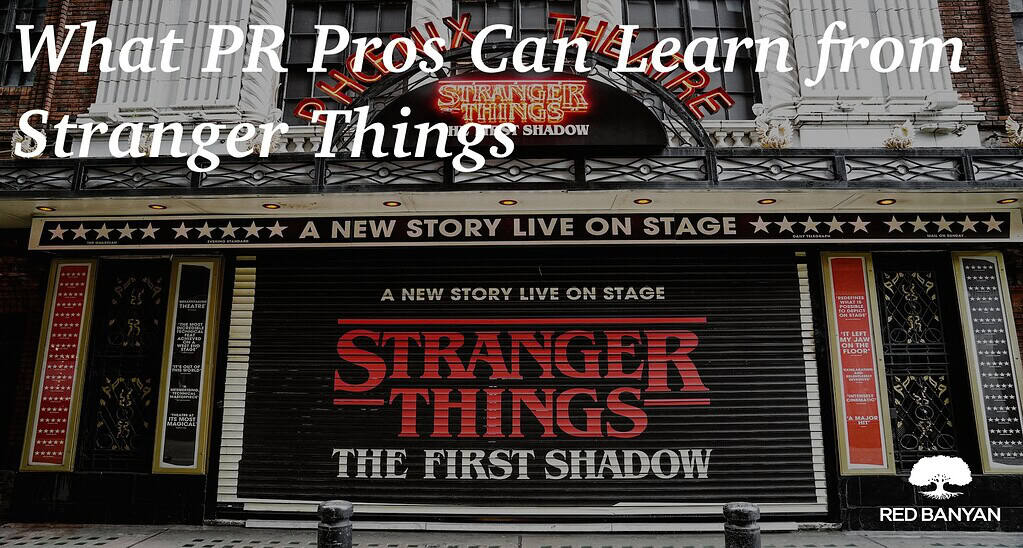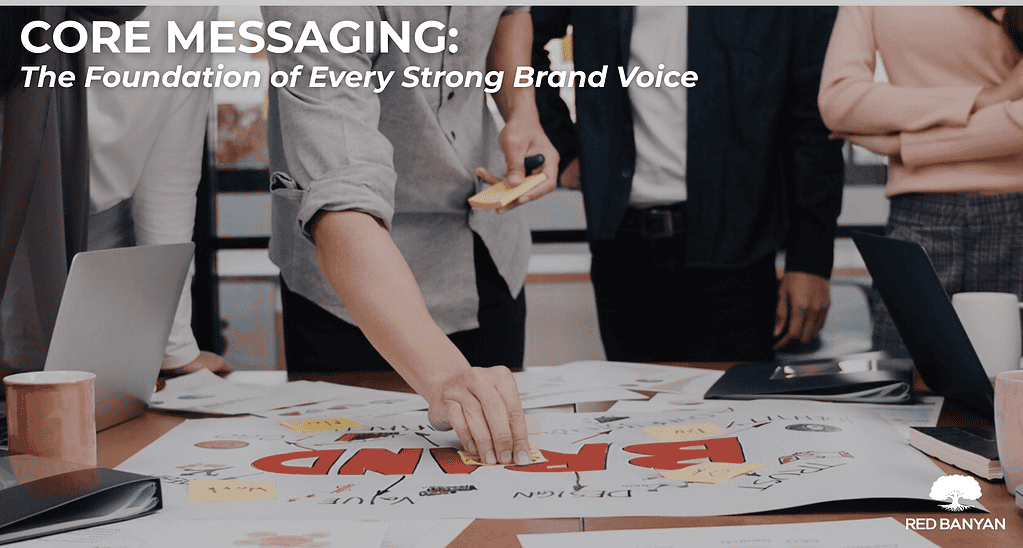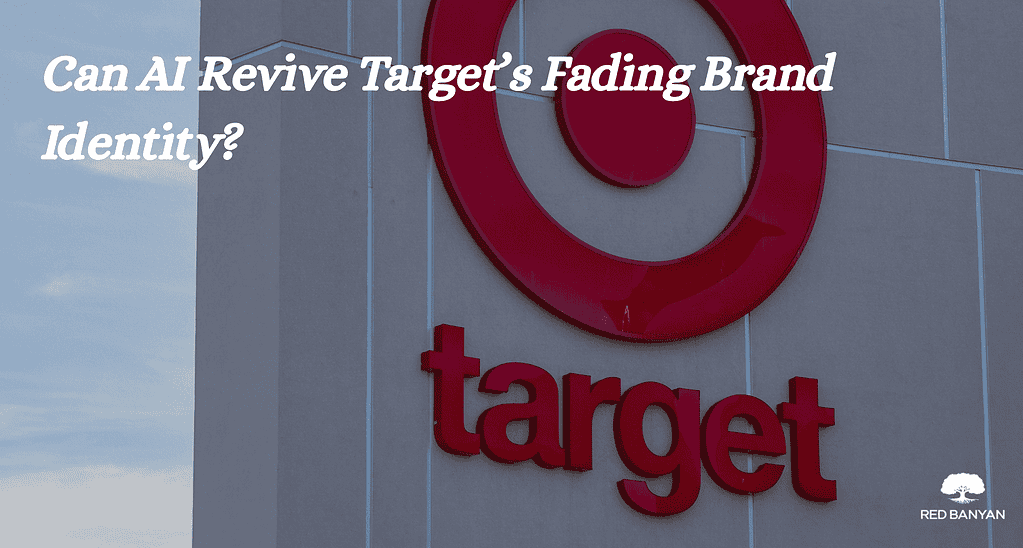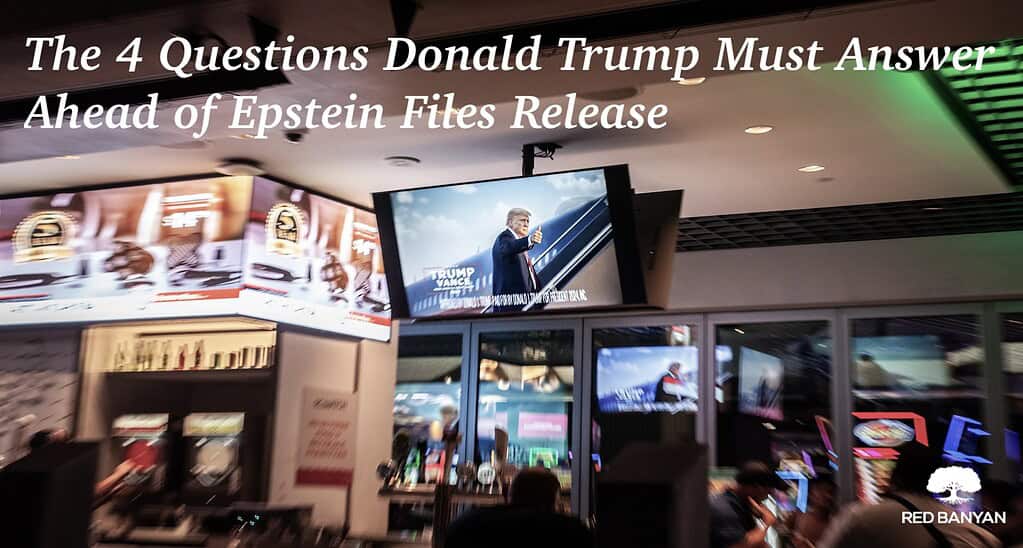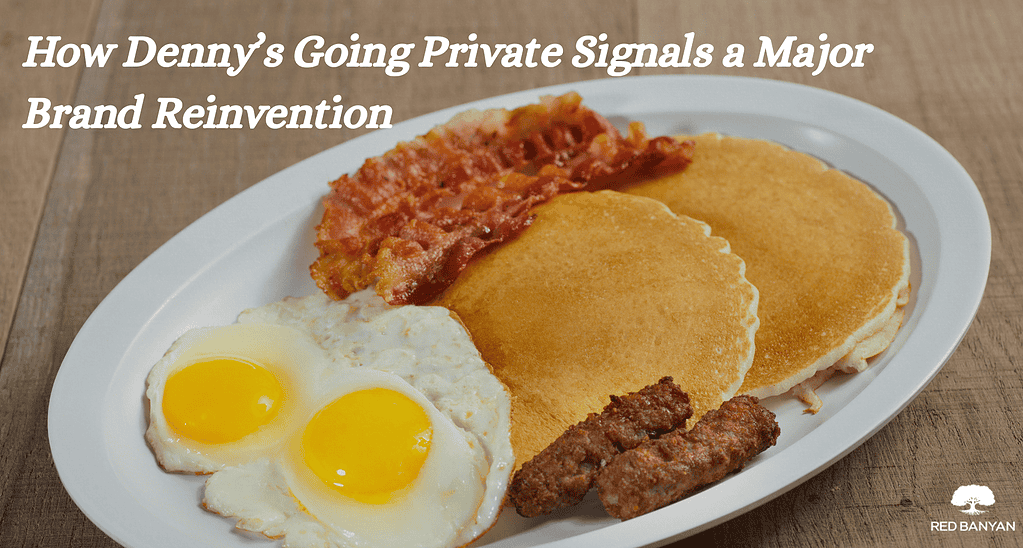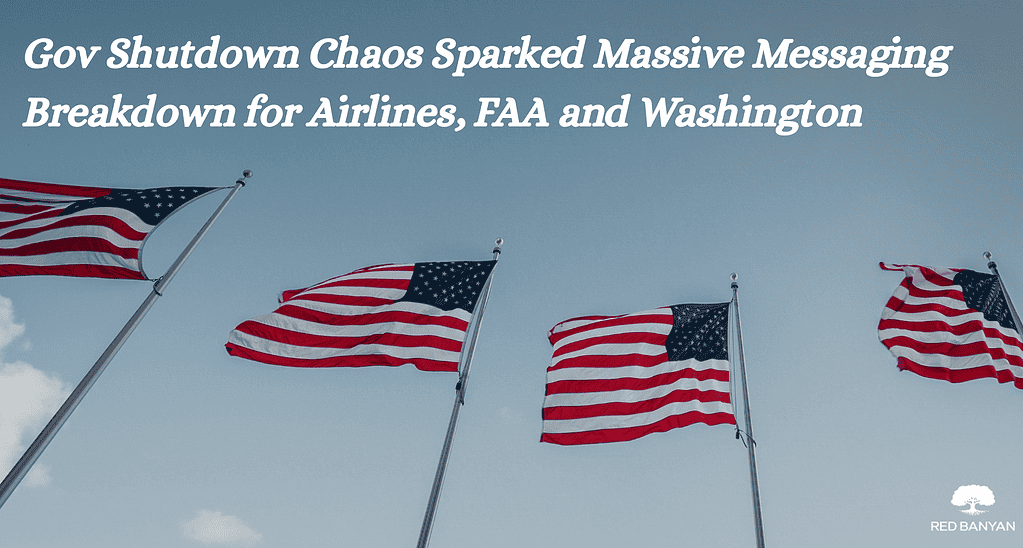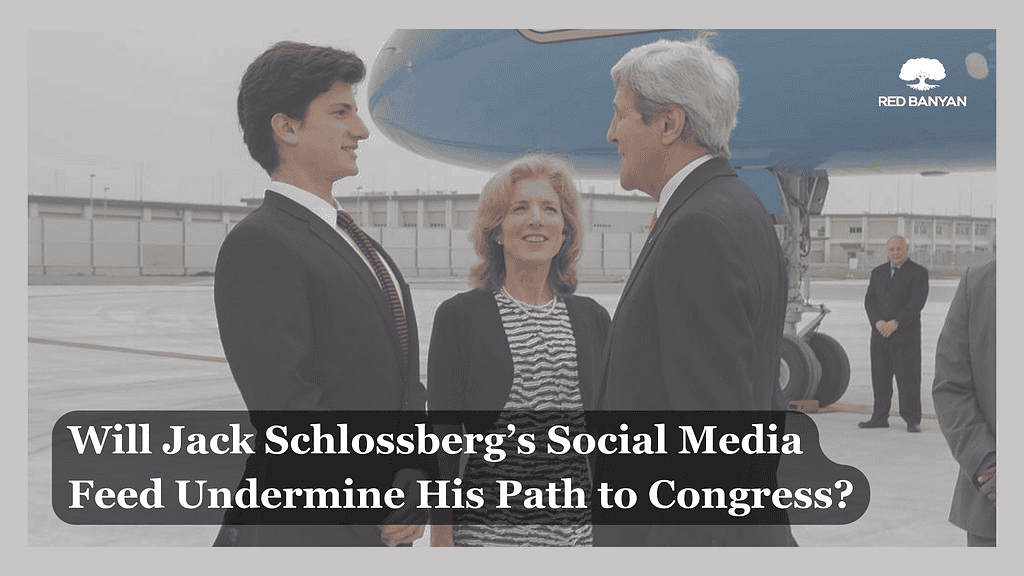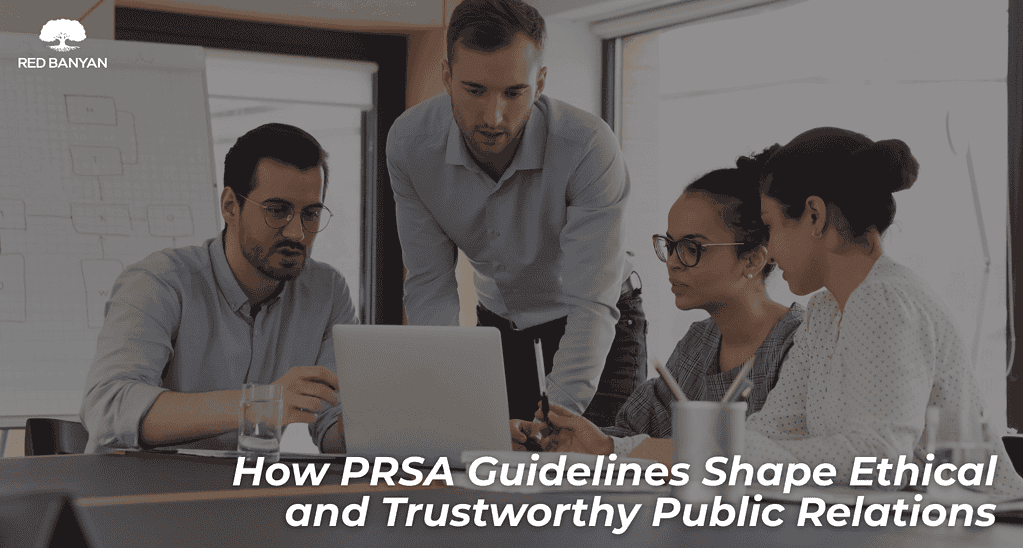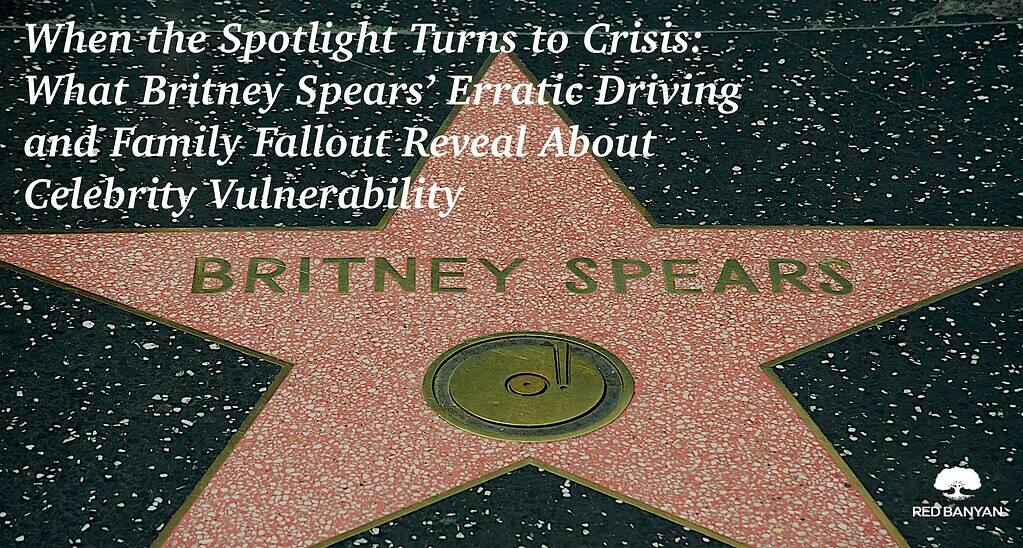The allegations surrounding Sean “Diddy” Combs have sparked widespread public attention and raised real questions about accountability, influence, and the role of public perception in shaping outcomes. As the legal process plays out, many are finding themselves in unfamiliar territory, especially those once connected to his brand. For public figures and companies alike, how you respond in moments like this doesn’t just shape reputation; it can reshape it entirely.
The Court of Public Opinion Is Now in Session
Before any courtroom arguments are made, public opinion often sets in. The reaction to this case was swift, and it hasn’t let up. Platforms like Twitter, TikTok, and Instagram have become places where narratives are formed, challenged, and amplified, creating a culture where reputational consequences often arrive well before any legal ruling.
In the wake of the allegations, the phrase “Nice try, Diddy” exploded across social media platforms, especially Instagram, with users commenting the phrase on unrelated ads. What started as a funny trend quickly evolved into a viral tagline, symbolizing skepticism and pushing back against perceived PR maneuvers. It’s more than just a catchphrase—it’s become a litmus test for how the public views attempts at narrative control in real time.
Settlements, NDAs, and the Cost of Silence
When controversy strikes, settlements and non-disclosure agreements (NDAs) often follow. In the unfolding saga of Sean “Diddy” Combs, these legal tools have become focal points of public debate. The rapid settlement of Cassie Ventura’s lawsuit, just a day after it was filed, set off alarms. Many questioned the speed of resolution, suspecting it was less about seeking justice and more about silencing allegations before they could dominate headlines.
It didn’t stop there. Reports of a $5 million NDA with Jonathan Oddi, a former adult entertainer who claimed he was coerced into a sexual relationship with Combs, further highlighted how financial agreements can be wielded to control narratives. These arrangements are legal, but in the eyes of the public, they serve as instruments of silence, raising the question: Is the truth being bought away?
Settlements and NDAs are often used to exit a narrative quietly, but that silence doesn’t always translate to closure. In fact, it can do the opposite by fueling speculation and cementing public perception that something deeper is being hidden. For brands and individuals caught in the crossfire, the choice to stay silent or speak up becomes a high-stakes gamble.
Toxic By Association
Businesses and celebrities connected to Diddy have already begun to recalibrate. Whether it’s formal statements or quiet moves behind the scenes, companies are weighing how to move forward without becoming part of the backlash. Delayed responses can create the impression of complicity. But overreacting can backfire too. The challenge is finding the line between action and opportunism.
It’s become increasingly common to see brands and individuals distance themselves when controversy hits. This move is not always about legal protection, but rather public risk. In high-profile crises, people are watching who stays silent, who speaks up, and who walks away. Sometimes that silence is strategic. Other times, it’s uncertainty. Either way, the association becomes part of the story.
From Untouchable to Under Fire
Public perception shifts fast. Diddy’s case is a stark reminder that in today’s hyper-connected world, nobody is untouchable. Public opinion is swift and unforgiving. When the tide turns, it doesn’t just wash away the present, but also drags the past along with it. Even powerful figures are realizing that cultural capital is no longer a shield.
Diddy’s reputation, once seen as resilient and influential, has changed almost overnight. For decades, he seemed untouchable, a mogul whose empire spanned music, fashion, and media, with a name synonymous with luxury and success. But influence doesn’t offer the kind of protection it once did. In fact, it often brings more scrutiny.
The allegations against Diddy not only sparked legal battles but also reignited conversations about his past behavior. Old interviews and viral clips have resurfaced, with social media sleuths dissecting every word and gesture, linking past controversies to the present allegations. The narrative isn’t just about what’s happening now; it’s a reckoning with everything that came before. In a world where past behavior is being constantly reevaluated, legacies can be rewritten quickly.
Conclusion: The New Reality of Influence
This isn’t just a crisis for Diddy; it’s a blueprint for how celebrity trials will be judged moving forward. Public sentiment isn’t just background noise, but rather a force that brands, public figures, and legal teams must account for. The court of public opinion is not just a spectator; it’s a participant capable of shifting narratives and rewriting legacies long before a judge or jury weighs in.
With social platforms acting as the new public square, allegations are tried and judged by millions. It’s a testament to how influence, once considered impenetrable, can evaporate almost instantly when public trust is shattered.
There’s no perfect playbook for facing high-pressure moments. But clarity, timing, and tone matter. What’s said, or left unsaid, can define how a person or brand is remembered long after the headlines fade. At Red Banyan, we partner with clients who are committed to transparency, accountability, and ethical decision-making. Whether facing public scrutiny, brand challenges, or navigating sensitive issues, we help them respond with purpose, precision, and strategic foresight.
If your organization is facing scrutiny or navigating uncertainty, contact Red Banyan to help you manage the moment and protect what matters most.

